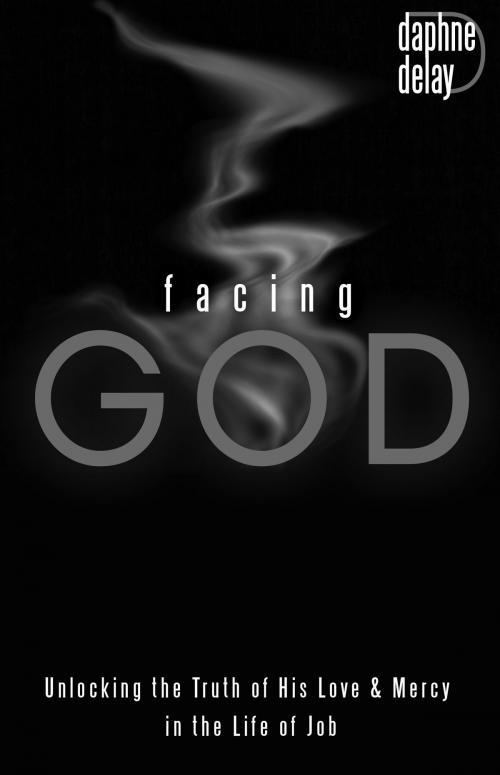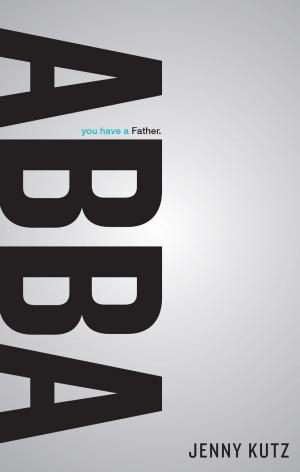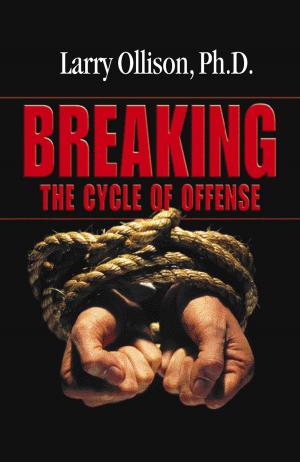Facing God
Unlocking the Truth of His Love and Mercy Through the Life of Job
Nonfiction, Religion & Spirituality, Inspiration & Meditation, Christianity, Christian Life| Author: | Daphne Delay | ISBN: | 9781680311358 |
| Publisher: | Harrison House Publishers | Publication: | December 20, 2016 |
| Imprint: | Harrison House Publishers | Language: | English |
| Author: | Daphne Delay |
| ISBN: | 9781680311358 |
| Publisher: | Harrison House Publishers |
| Publication: | December 20, 2016 |
| Imprint: | Harrison House Publishers |
| Language: | English |
If righteousness is right-standing with God, then self-righteousness must be it’s greatest enemy.
In the story of Job, we find an interesting illustration of how self-righteousness evolves and opens the door to the enemy in our lives. Job had strong convictions and he wasn’t afraid to stand by them, yet his friend eventually asked, “Do you think this is right? Do you say, ‘My righteousness is more than God’s?’”
And in a surprise visit, the Lord appears and asks His own questions: “Why do you confuse the issue? Why do you talk without knowing what you’re talking about?” The Bible is clear. God is addressing Job here, no one else. But wait—isn’t Job the same man God calls “blameless”? What happened? Is it possible what God meant and what man has interpreted for centuries are two different things?
People have often claimed, “God said Job didn’t sin so he couldn’t have been wrong.” This isn’t true. What the Bible actually says is, “In all of this, Job did not sin by blaming God,” and “In all this Job did not sin with his lips.” These are very clear descriptions of how Job didn’t sin, but they are just as clear in how he slipped. People sin every day and never blame God for their actions. And the most dangerous of all sins are those of the heart, the sins that never cross our lips but build up under the surface just waiting for an opportunity to explode.
This is the story of the man who challenged God—the man God originally called blameless. But was he? Are any of us? What we know for sure is, the Lord used the story of Job to illustrate His never-ending mercy and compassion to cover our sins and teach us His ways.
If righteousness is right-standing with God, then self-righteousness must be it’s greatest enemy.
In the story of Job, we find an interesting illustration of how self-righteousness evolves and opens the door to the enemy in our lives. Job had strong convictions and he wasn’t afraid to stand by them, yet his friend eventually asked, “Do you think this is right? Do you say, ‘My righteousness is more than God’s?’”
And in a surprise visit, the Lord appears and asks His own questions: “Why do you confuse the issue? Why do you talk without knowing what you’re talking about?” The Bible is clear. God is addressing Job here, no one else. But wait—isn’t Job the same man God calls “blameless”? What happened? Is it possible what God meant and what man has interpreted for centuries are two different things?
People have often claimed, “God said Job didn’t sin so he couldn’t have been wrong.” This isn’t true. What the Bible actually says is, “In all of this, Job did not sin by blaming God,” and “In all this Job did not sin with his lips.” These are very clear descriptions of how Job didn’t sin, but they are just as clear in how he slipped. People sin every day and never blame God for their actions. And the most dangerous of all sins are those of the heart, the sins that never cross our lips but build up under the surface just waiting for an opportunity to explode.
This is the story of the man who challenged God—the man God originally called blameless. But was he? Are any of us? What we know for sure is, the Lord used the story of Job to illustrate His never-ending mercy and compassion to cover our sins and teach us His ways.















